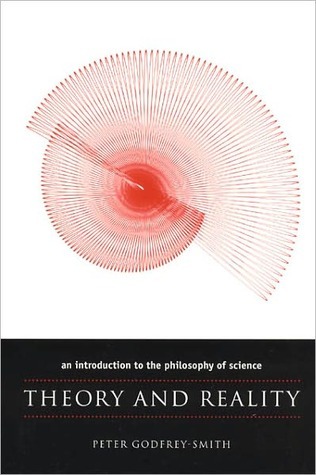More on this book
Kindle Notes & Highlights
Started reading
February 6, 2020
One reason is that the historical development of general ideas about science is itself an interesting topic.
red herrings.
the proper place of science in society.
Where does science begin and end?
People often think of physics as the purest example of science.
A few have suggested that theoretical physics is becoming less "scientific" than it used to be, as it is evolving into an esoteric, mathematical model-building exerci...
This highlight has been truncated due to consecutive passage length restrictions.
The work done by physicists and molecular biologists when they test h...
This highlight has been truncated due to consecutive passage length restrictions.
scientific
rigorous methods and hence delivers results we should trust.
"science" or "scientific"
work that assesses ideas and solves problems in a way guided by observational evidence.
"science" more narrowly, seeing it as a cultural phenomenon that is local...
This highlight has been truncated due to consecutive passage length restrictions.
science is treated as a special social institution with a...
This highlight has been truncated due to consecutive passage length restrictions.
in order to understand science, we need to distinguish it from other kinds of inv...
This highlight has been truncated due to consecutive passage length restrictions.
general understanding of how humans gain knowledge of the world around them and
the work descended from the Scientific Revolution different from other kinds of investigation of the world.
epistemological issues and metaphysical issues
Epistemology is the side of philosophy that is concerned with questions about knowledge, evidence, and rationality.
general questions about the natur...
This highlight has been truncated due to consecutive passage length restrictions.
descriptive and normative theories.
"scientific method."
Science, it was argued, is too creative and unpredictable a process for
there to be a recipe that descr...
This highlight has been truncated due to consecutive passage length restrictions.
logical structure of...
This highlight has been truncated due to consecutive passage length restrictions.
looking for a recipe is too simplistic, and looking for a logical theory is too abstract, what might we look for instead?
scientific strategy for investigating the world.
how science works.
view about where all knowledge comes from, not just scientific knowledge.
the differences between science and everyday thinking as differences of detail and degree.
Scientific thinking and investigation have the same basic pattern as everyday thi...
This highlight has been truncated due to consecutive passage length restrictions.
the only source of real knowledge about the worl...
This highlight has been truncated due to consecutive passage length restrictions.
But science is especially successful because it is organized, systematic, and especially ...
This highlight has been truncated due to consecutive passage length restrictions.
an interesting place to look is the histo...
This highlight has been truncated due to consecutive passage length restrictions.
Ignaz Semm...
This highlight has been truncated due to consecutive passage length restrictions.
John Snow
Doctor Pettenkofer.
direct empirical tests are no guarantee of success.
experiences pour into the mind and somehow turn into knowledge.
reasoning, including very elaborate reasoning, is needed to make sens...
This highlight has been truncated due to consecutive passage length restrictions.
It is written in the language of mathematics,
What makes science different from other kinds of investigation, and especially successful, is its attempt to understand the natural world using mathematical tools.
mathematics shows us that there must be another route to knowledg...
This highlight has been truncated due to consecutive passage length restrictions.
experience is a source of knowledge, but not the only...
This highlight has been truncated due to consecutive passage length restrictions.
Copernicus was not ignoring experience but dealing with apparent conflicts between different aspects of experience, in the light of his background beliefs.
science-Darwin's achievement in On the Origin of Species ([11859] 1964)-makes no real use of mathematics.
scientific communities.
mainstream empiricism often operates within the fantasy that each individual can observationally...
This highlight has been truncated due to consecutive passage length restrictions.
If each individual insisted on testing everything himself, science would never advance beyond...
This highlight has been truncated due to consecutive passage length restrictions.


